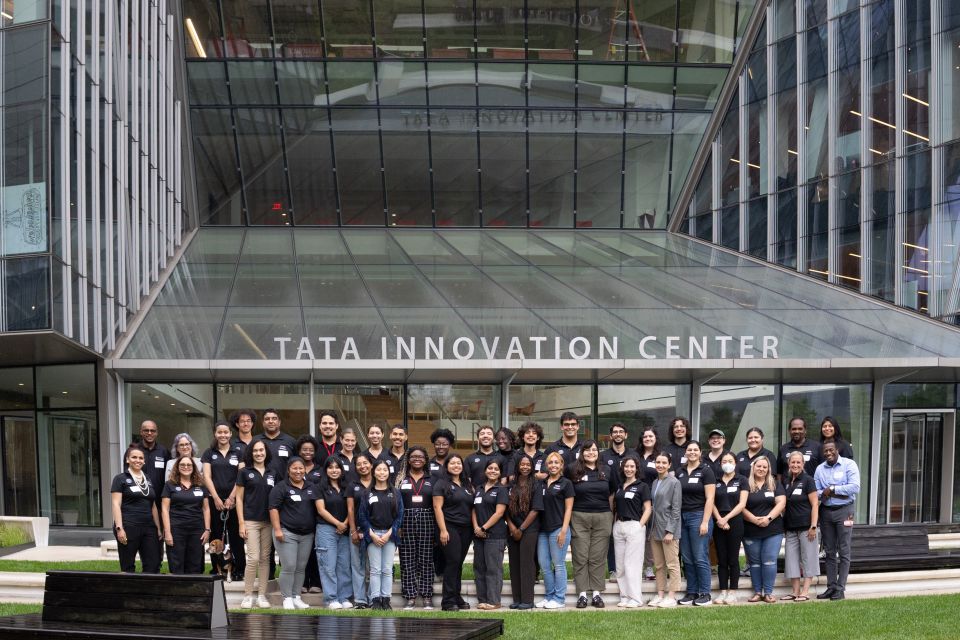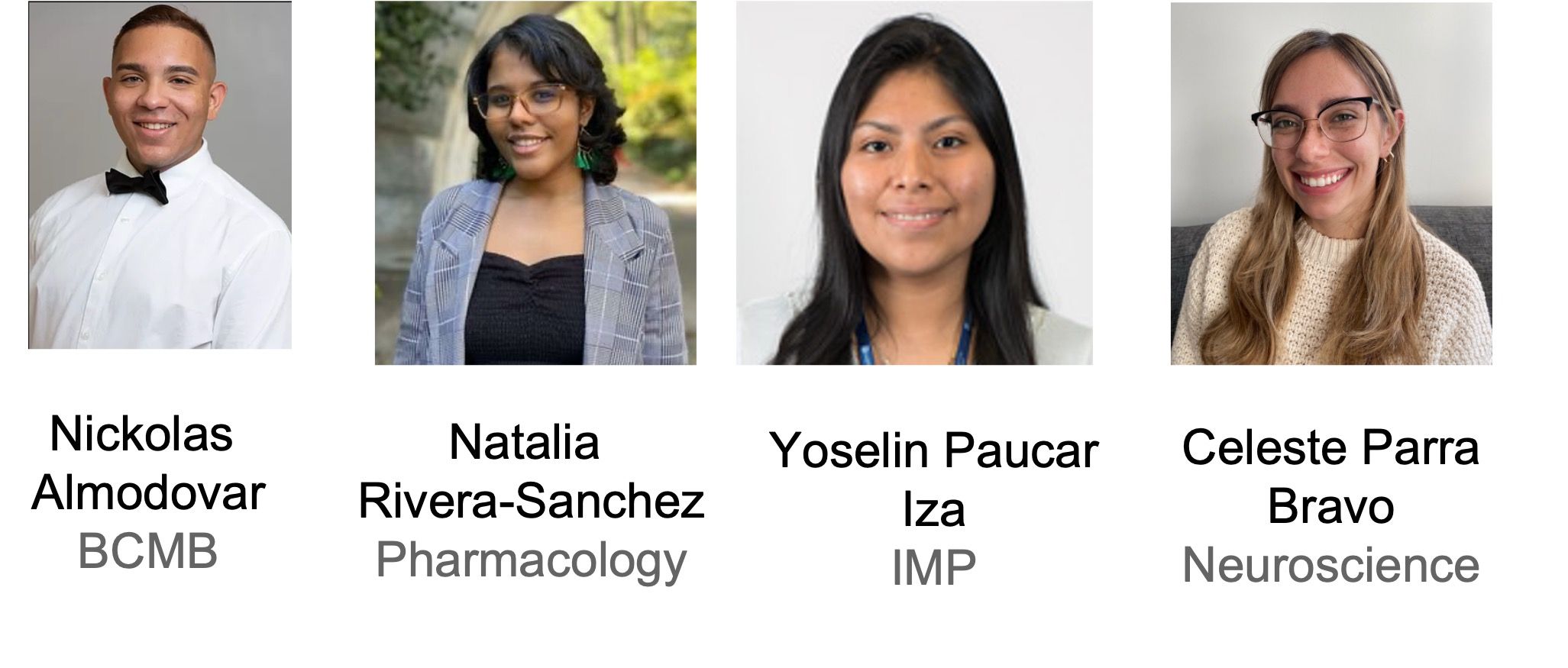
Initially funded by the NIH/NIGMS, the Weill Cornell Initiative for Maximizing Student Development (IMSD) aims to train PhD students to conduct exceptional research and continue as leaders in biomedical research careers. The program supports the participation of PhD students whose varied experiences are vital for scientific innovation. The program welcomes those who are the first in their family to attend college, have faced socioeconomic disadvantage, come from under-resourced educational backgrounds, live with disabilities, or bring lived or chosen experiences that reflect a strong commitment to marginalized and underserved communities. We also value the resilience of individuals who have overcome significant challenges in pursuit of graduate education. All candidates who identify with these experiences are encouraged to apply.
Fellows also join a community of incoming first-year PhD students at WCGS through the Esprit de Corps near-peer mentorship program, receiving support at multiple stages of the PhD training experience, in addition to academic and professional enrichment opportunities.
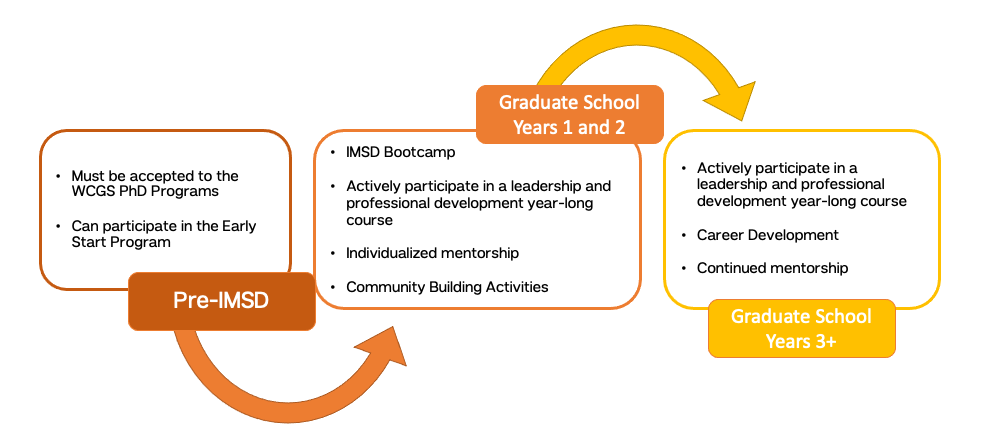
Trainees
2024 IMSD Fellows
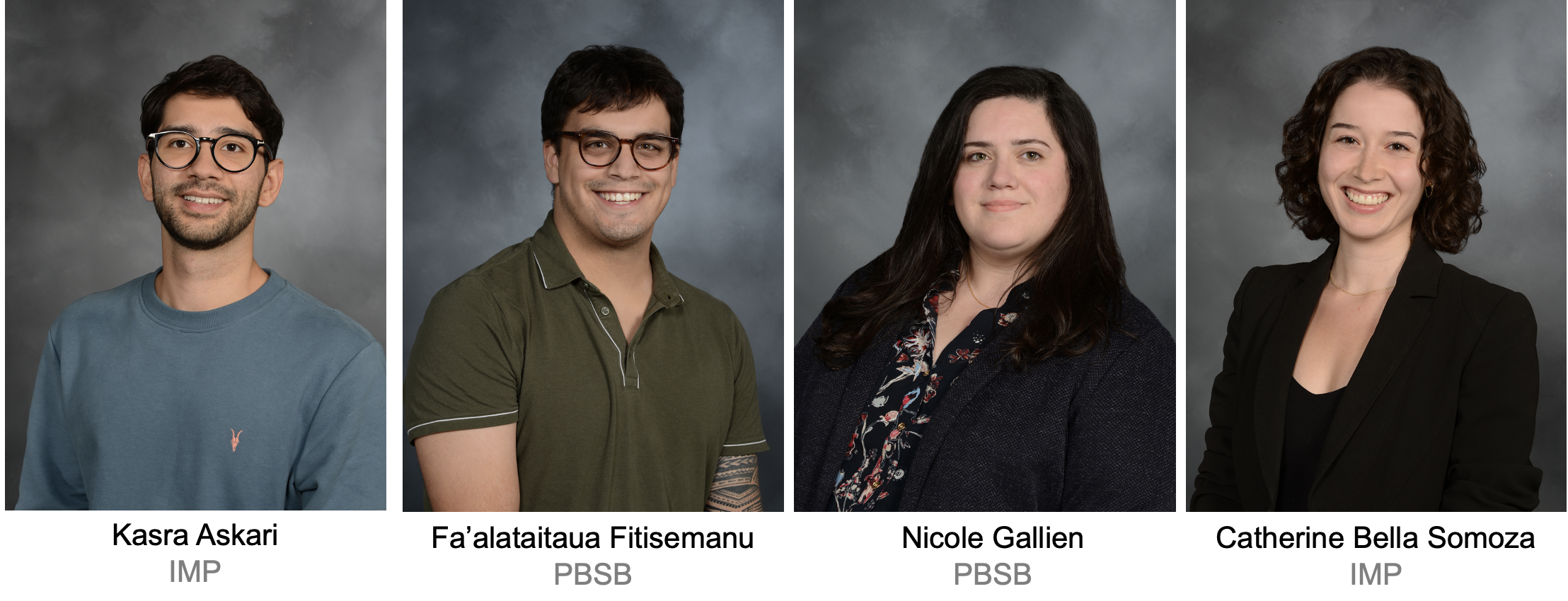
2023 IMSD Fellows
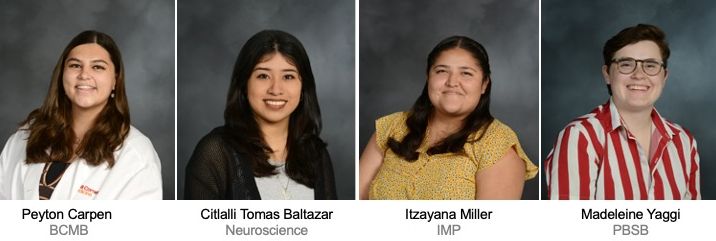
2022 IMSD Fellows
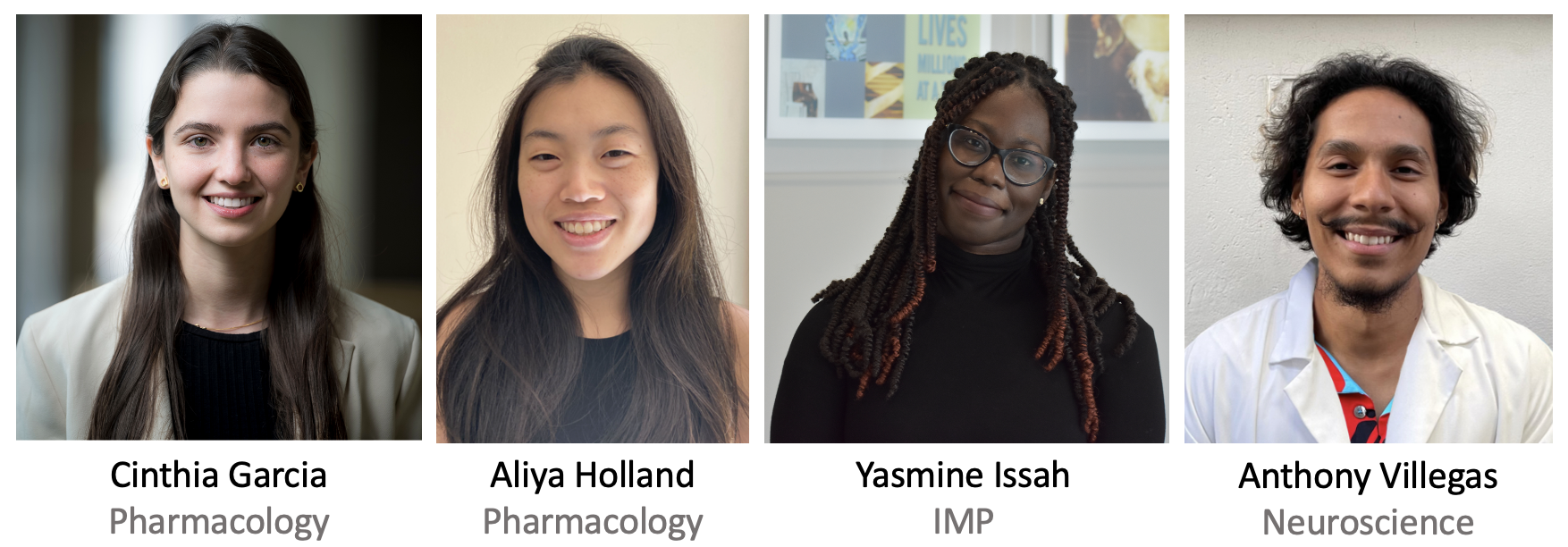
2021 IMSD Fellows and Scholars
2020 IMSD Fellows
2019 IMSD Fellows

IMSD-Ex Fellows
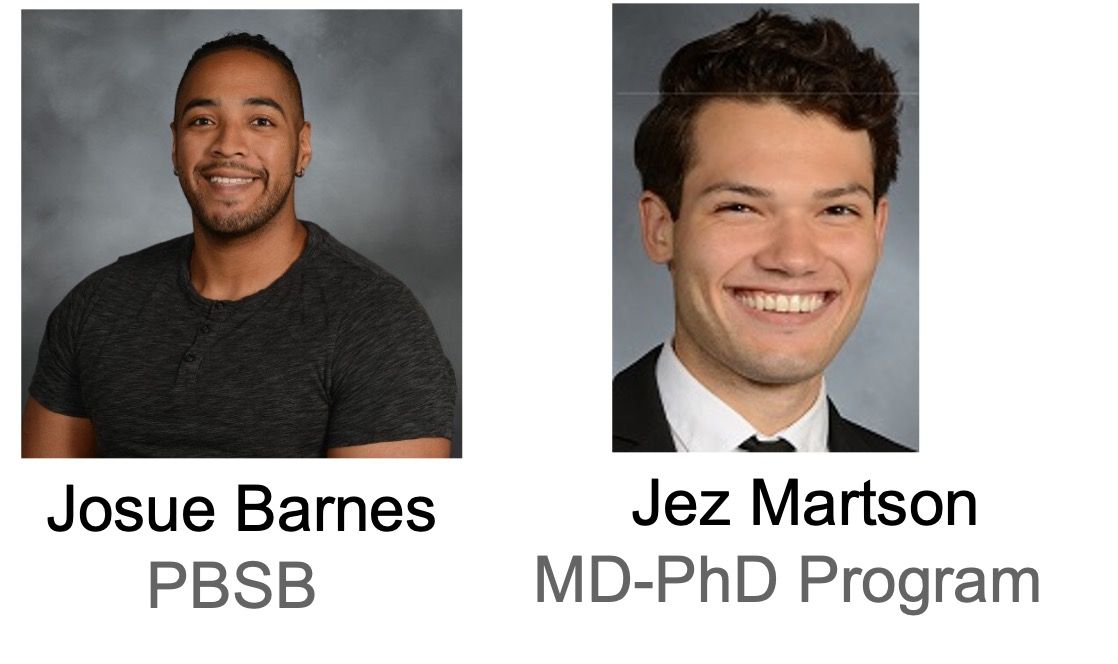
Eligibility, Selection, and Timeline
The Weill Cornell IMSD program is designed for:
Incoming 1st year PhD students at Weill Cornell Graduate School
Individuals who can commit to the IMSD Bootcamp (during Orientation week) and the year-long professional development program.
Eligible WCGS PhD students complete a short application to be considered for selection by the IMSD Admissions Committee, composed of IMSD program leadership and WCGS graduate program directors. A call for applications is sent to accepted students in early July. Four students are selected as IMSD fellows each year and notified in early August.
Benefits
IMSD Bootcamp
The IMSD Bootcamp allows for a smooth transition to Weill Cornell while adjusting to the city and participating in programming that helps the transition to the academic year.
The focus areas of the bootcamp programming fall into three categories: Community Building, Academic Development, and Professional Development. IMSD Fellows will participate in professional development workshops, academic activities, and a social gathering. By the end of the bootcamp, student participants will have formed a strong sense of community and feel equipped to address their academic and professional endeavors as a collective and supportive network. For the academic year 2025-2026, the IMSD bootcamp will take place at the end of Orientation Week, on August 22nd, 2025.
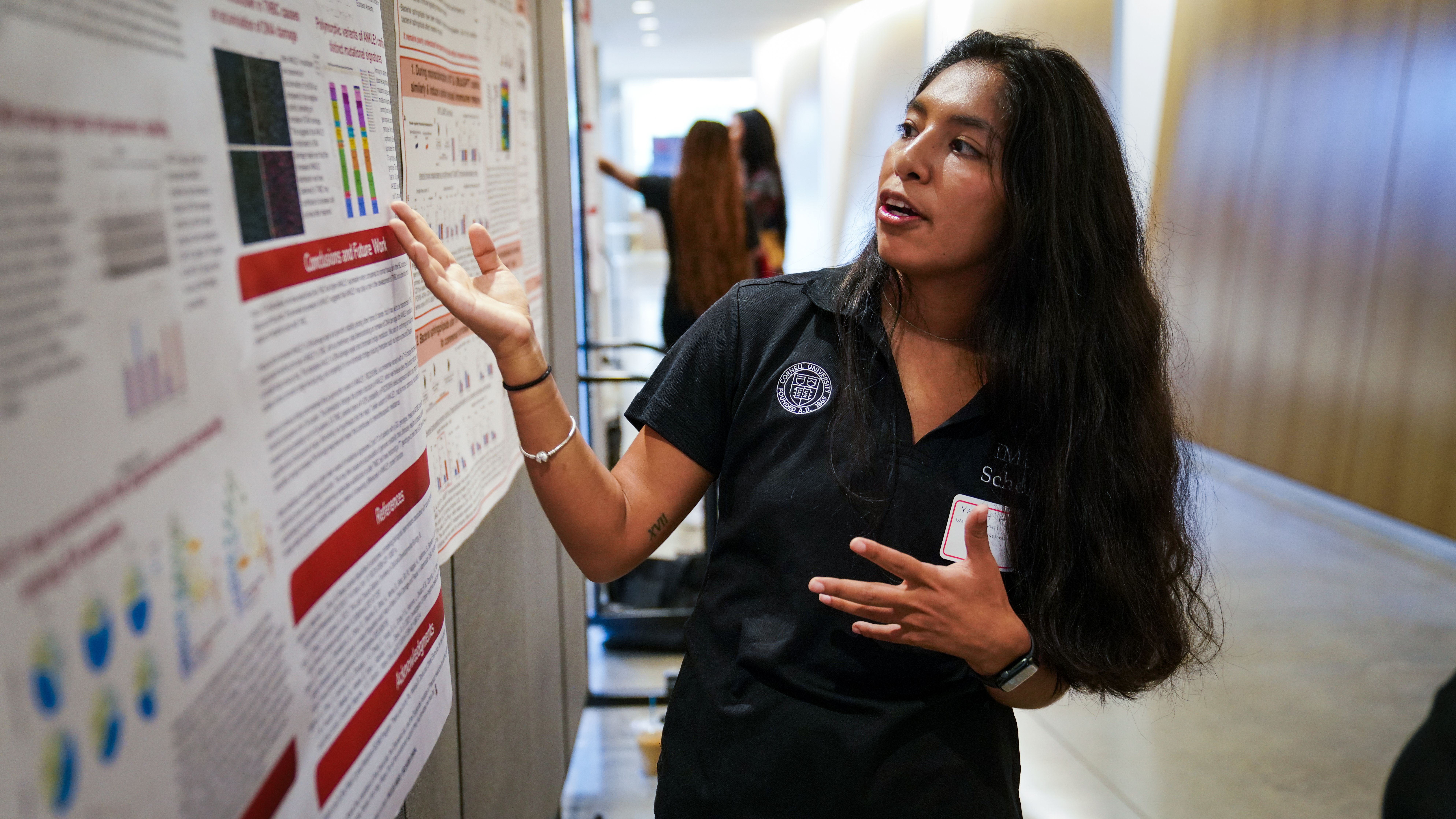
Multi-tiered Mentorship:
IMSD fellows will receive mentorship from multiple sources: IMSD Faculty Mentors and IMSD Coaches. Much like an actual coach, IMSD Coaches will be expected to help students navigate graduate training. Coaches are not research mentors. Rather, they provide complementary focus and expertise to help fellows excel. Coaches will be especially skilled in helping fellows develop and achieve professional goals, and empower them to take ownership of their career development. IMSD Coaches will include senior postdocs, alumni, faculty, and professionals in sectors such as academia, industry/for-profit, and non-profit. All Coaches are based in the NYC area to allow for easy access and in-person mentorship.
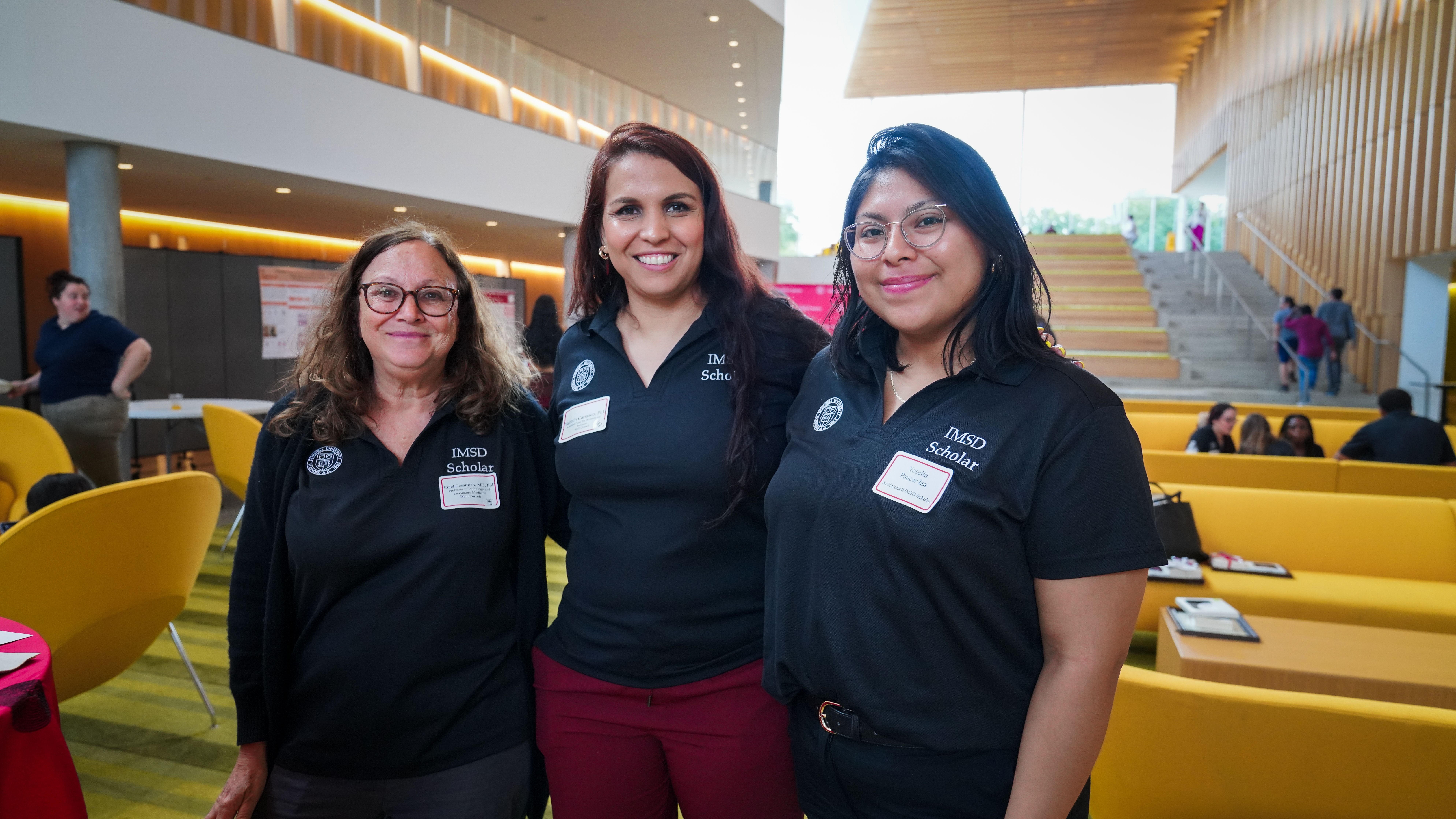
Social Outings and the Esprit de Corps Community:
As part of the Weill Cornell IMSD, fellows will be integrated with the Esprit de Corps program, a community-building program for 1st-year PhD students from Tri-I community. Esprit de Corps hosts monthly workshops and social events such as dinners, bowling, game nights, and mixers.
Career Development and Leadership Training:
IMSD Fellows receive personal career counseling in all years of their PhD, along with leadership development training in their senior years in preparation for the post-PhD workforce. As part of the program, IMSD students are expected to register and actively participate in the leadership and professional development course IDPT9004 – Strategic Transition and Readiness, for the duration of the program.
IMSD fellows are expected to participate in all required IMSD activities.
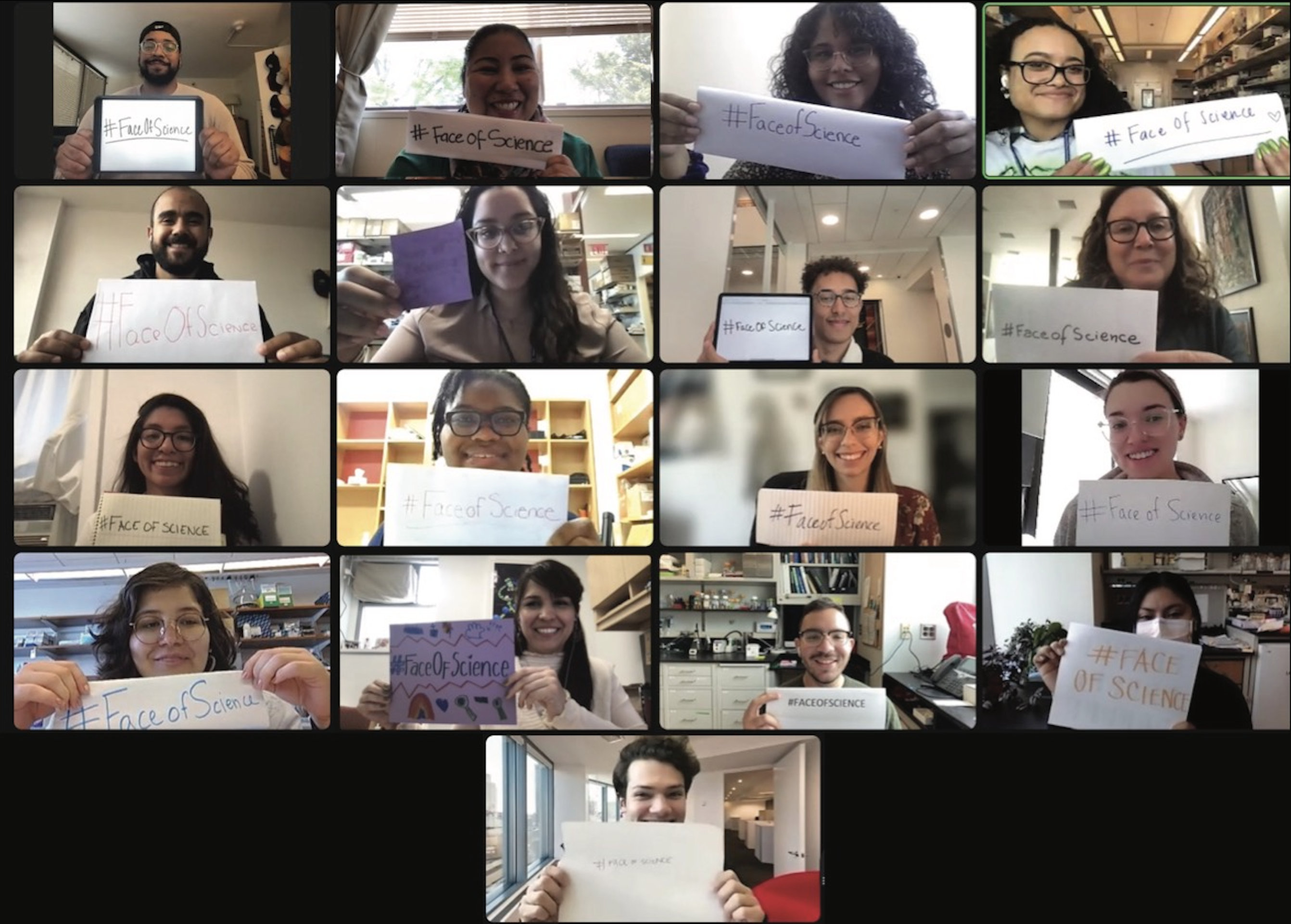
Participating Faculty and Advisory Committee
Participating Faculty
Weill Cornell IMSD Internal Advisory Committee
Minkui Luo, Program Director, Pharmacology
Theresa T. Lu, Program Director, Immunology and Microbial Pathogenesis
Teresa Milner, Program Director, Neuroscience
Dirk Remus, Program Co-Director, BCMB Allied Program
Lukas Dow, Program Co-Director, BCMB Allied Program
Partner Institutions
Program Leadership
WCGS IMSD Program Director:
Ethel Cesearman, M.D., Ph.D. (ecesarm@med.cornell.edu)
WCGS Assistant Dean of Access, Belonging and Student Success
Yazmin Carrasco, Ph.D. (ypc4001@med.cornell.edu)
WCGS Assistant Director of Access, Belonging and Student Success
Roxana Mesías, Ph.D. (rem4008@med.cornell.edu)

